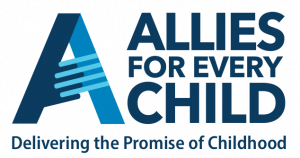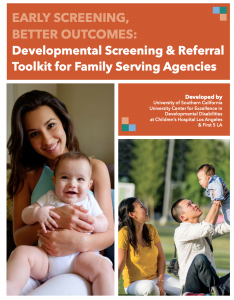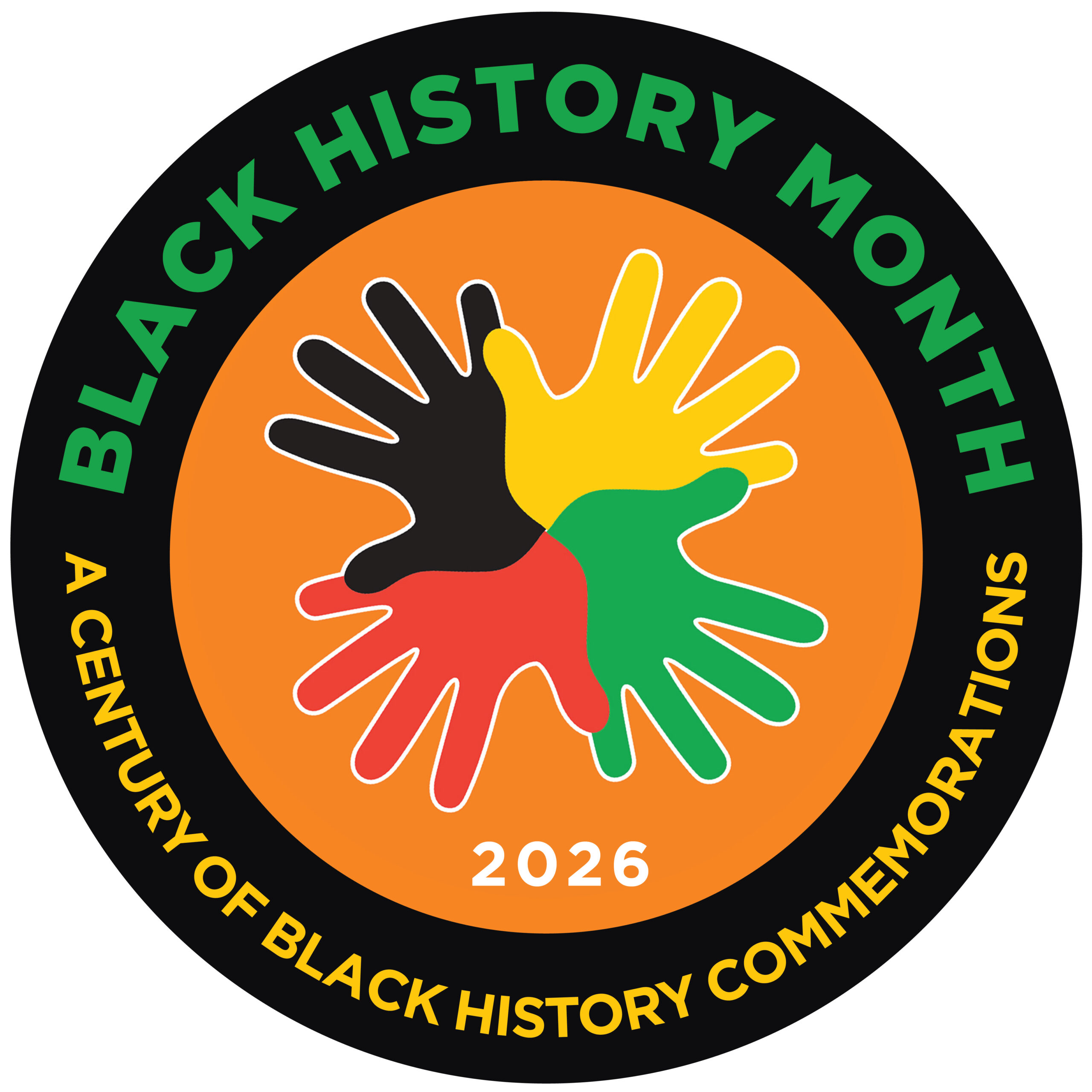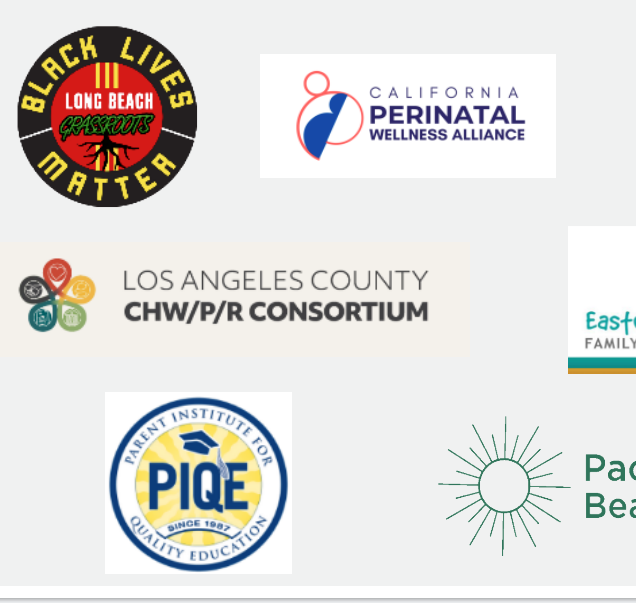February 25, 2021 | 3 Minute Read
According to a national survey conducted by the University of Oregon, 28 percent of families with young children reported missing a wellness visit for their child since the start of the COVID-19 pandemic. This potentially means missing developmental screenings during pediatric visits that can help identify concerns about a child’s healthy development, which is the first step to accessing critical early intervention services.
 Allies for Every Child‘s Infant and Early Childhood Clinical Director Adriana Cuestas answers questions on the importance of the First 5 LA-funded First Connections program, which implements innovative approaches for community-based providers to embed developmental screening and strengthen referral processes within their practices. Allies for Every Child is a key partner with First 5 LA in the First Connections program.
Allies for Every Child‘s Infant and Early Childhood Clinical Director Adriana Cuestas answers questions on the importance of the First 5 LA-funded First Connections program, which implements innovative approaches for community-based providers to embed developmental screening and strengthen referral processes within their practices. Allies for Every Child is a key partner with First 5 LA in the First Connections program.
Q. The COVID-19 pandemic has impacted young children’s access to pediatricians to be screened for early developmental delays. Given this, why is First Connections more important than ever?
A. The irony of this pandemic is that it has created fear around medical environments, so families are going less frequently for well-child checkups or routine services. And it is Allies families who have been most impacted — families whose resources were already limited before the pandemic and whose needs have grown exponentially as a result. First Connections has been crucial for these families by ensuring that children’s developmental needs are not falling through the cracks and providing the support and advocacy for families when they might otherwise have been reluctant to ask. We know that early intervention makes all the difference for children’s development during those early years, and First Connections has been so important to make sure that it remains a top priority, even during a pandemic.
Q. Why is First 5 LA’s support needed for this program?
A. First 5 LA understands that early identification and intervention are a key ingredient of long-term wellness and they are willing to put their investment dollars where the research shows we can create the greatest benefit for communities. Most people without a deep understanding of child development do not understand how critical the timeline is when we are competing with physiology and brain development in addition to the impact of deep poverty, food insecurity, housing instability and concerns about health. First 5 has consistently provided support in areas that make equitable access to services for families in underserved communities possible.
 Q. First 5 LA recently released the First Connections Evaluation Report. How does the Evaluation Report illustrate the impact of First Connections?
Q. First 5 LA recently released the First Connections Evaluation Report. How does the Evaluation Report illustrate the impact of First Connections?
A. The evaluation report highlights the importance of care coordination and acknowledges that relationship building is a crucial component of successfully seeking services for a child. It also highlights the caregivers’ perspective on what can be a challenging system to navigate, and the challenges that stigma poses in the process, and the role of advocacy in the linkage journey. It’s an incredibly helpful tool as we look toward the future to continue to refine our services to best fit our families’ needs.





